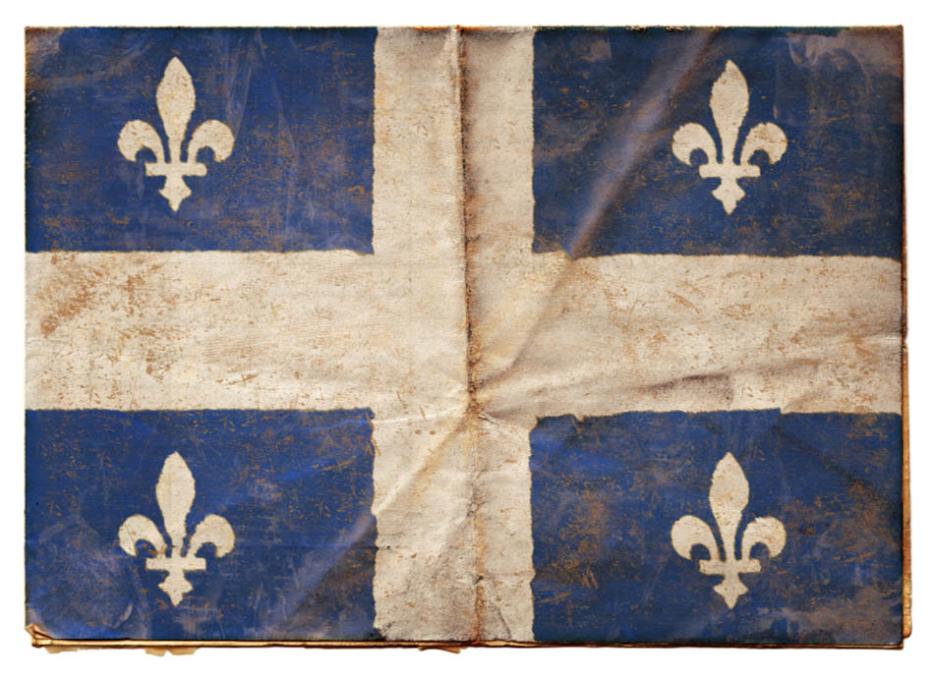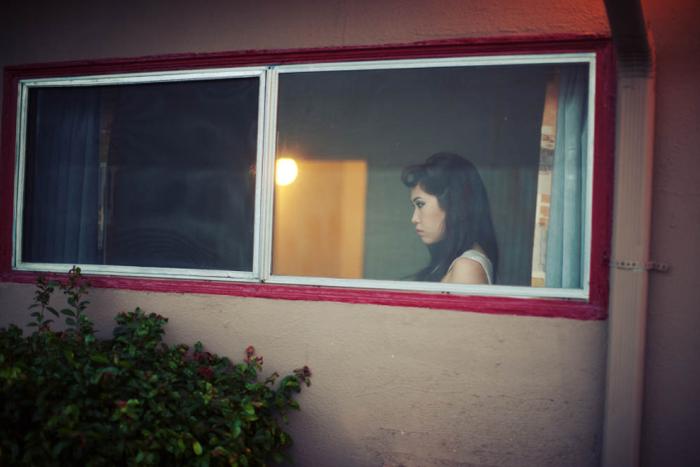Student protests. Threats of a referendum. Liberal scandal. The events in Quebec of late evoke a deep sense of déjà vu, as if it were 1974, or 1995 (or, in the case of Liberal scandal, pretty much whenever). Plus ça change, and all that.
Following a decidedly retro election campaign, with its focus on identity politics and language laws, the Parti Quebecois won a minority government on Tuesday, making Pauline Marois the province's first female premier. It was at once a victory and a defeat. Despite promising her supporters that, “We want a country. And we will have it,” Marois’s PQ did not win enough seats to pursue its full sovereigntist agenda. When the outcome became apparent on election night, a CBC reporter at the PQ HQ explained the depressed mood of the crowd. “The bar just opened,” she said, “and the line up is long.”
(Tragically, later that evening, at Marois’s victory party, a man opened fire killing one person and wounding another.)
What was notable was that despite the issues facing Quebec—the student protests, the economy, corruption, sovereignty—none in particular defined the campaign. Zigging and zagging, the trio of frontrunners, Marois, Jean Charest, and François Legault, resembled desperate suitors chasing a fickle sweetheart. Marois, for instance, backed off her early support for the student movement. Instead, her campaign was marked by her pandering to the province’s most reactionary factions, and she acquiesed to her party's most uncompromising views to hang on to her role as leader.
The tactic didn't play well in all quarters. When she proposed barring candidates from running for public office if their French wasn't good enough, there were protests from Aboriginal people. In a statement reported in the Montreal Gazette, Ghislain Picard, Grand Chief of the Assembly of First Nations of Quebec and Labrador, said, “The language of Quebec isn’t just French. It’s Inuktitut, Cree, Atikamekw and a swath of other native languages that were spoken here long before French ever was.” In response, Marois softened her stance to apply only to newcomers, but even still, the PQ platform came across as hostile towards immigrants, non-Christians, and allo- and anglophones.
There was a creaky nostalgia at work, a pure laine yearning for a Quebec of yore that belongs only to a specific set of Quebeckers. (At last week's US Republican convention in Tampa, Florida, Clint Eastwood struck a similar chord during his weird, rambling speech, when he stirred the crowd by saying, “We own this country.”) This Quebec is premised, in part, on a selective reading of history, one that begins with Jacques Cartier and Samuel Champlain and conveniently ignores the civilizations that were here before them. The party's vision of contemporary Quebec is just as blinkered. Marois's campaign emphasized the spectre of a culture and a language under siege by outsiders with foreign values.
Neither would appreciate the comparison, but Marois's approach is not unlike Stephen Harper's. Harper, too, has a selective historical memory, one that embraces the monarchy and goes bananas for the Battle of Vimy Ridge and the War of 1812. The location of the Ministry of Foreign Affairs—the Lester B. Pearson Building—was excised from Minister John Baird’s business cards; last year, our air force and navy became “royal” once again. If Marois wants a return to Quebec of the 1970s, Harper pines for a Canada whose history stops just before the signing of the Charter of Rights and Freedom in 1982—a nation frozen in amber, whiter and more homogenous.
This Quebec and this Canada are, whatever their appeal in certain circles—and clearly the appeal was not great enough in Quebec to give Marois a decisive victory—ultimately untenable. Within the next two decades, immigration will be the only factor contributing to Canada’s population growth. At the moment, a quarter million migrants are admitted to the country each year, and Quebec, with its declining birth rate, receives them at a rate second only to Ontario. The presence of newcomers changes the culture in Quebec as it does elsewhere; they bring new traditions, new food, new ideas, new skills. Yet the draw for many immigrants from other French-speaking countries is the province’s culture and history—they choose to be Quebeckers. (As for the preservation of language, measures are already in place: immigrant kids in Quebec, unlike their Canadian-born English-speaking counterparts, are required by law to attend school in French.)
A friend, originally from Ontario, has been living in Quebec for a decade or so. He’s the child of South Asian immigrants and he and his wife are both Anglophones. They sent their son to a French elementary school; he is now in high school and bilingual. Many of the kid's friends are brown-skinned like him, native French speakers of middle eastern or North African descent. They are typical Quebec teenagers, who ski, play basketball and soccer, and chat in French (and sometimes Franglish) on Facebook. Whatever the old guard might think, this diverse, cosmopolitan—and, yes, Francophone—generation is the future of Quebec.
My friend, who loves his province and appreciates the pull of nationalism, finds the xenophobia of the separatist cause an out-of-touch embarrassment. “Rather than working to engender a love for the French language and for Québec identity,” he says, “it's always restrict, legislate, and police. A new global economy on the precipice, win or lose, new cultural realities popping up in the postcolonial world, and they're still talking old-timey Bill 101.”
The day after the election—in which he voted CAQ—he was content with the results. The Liberals will have the opportunity to regroup and the CAQ will have the chance to develop, while the sovereigntist excesses of the PQ will be kept in check. “It's not like I'd ever leave, but this outcome makes it easier to stay.”





